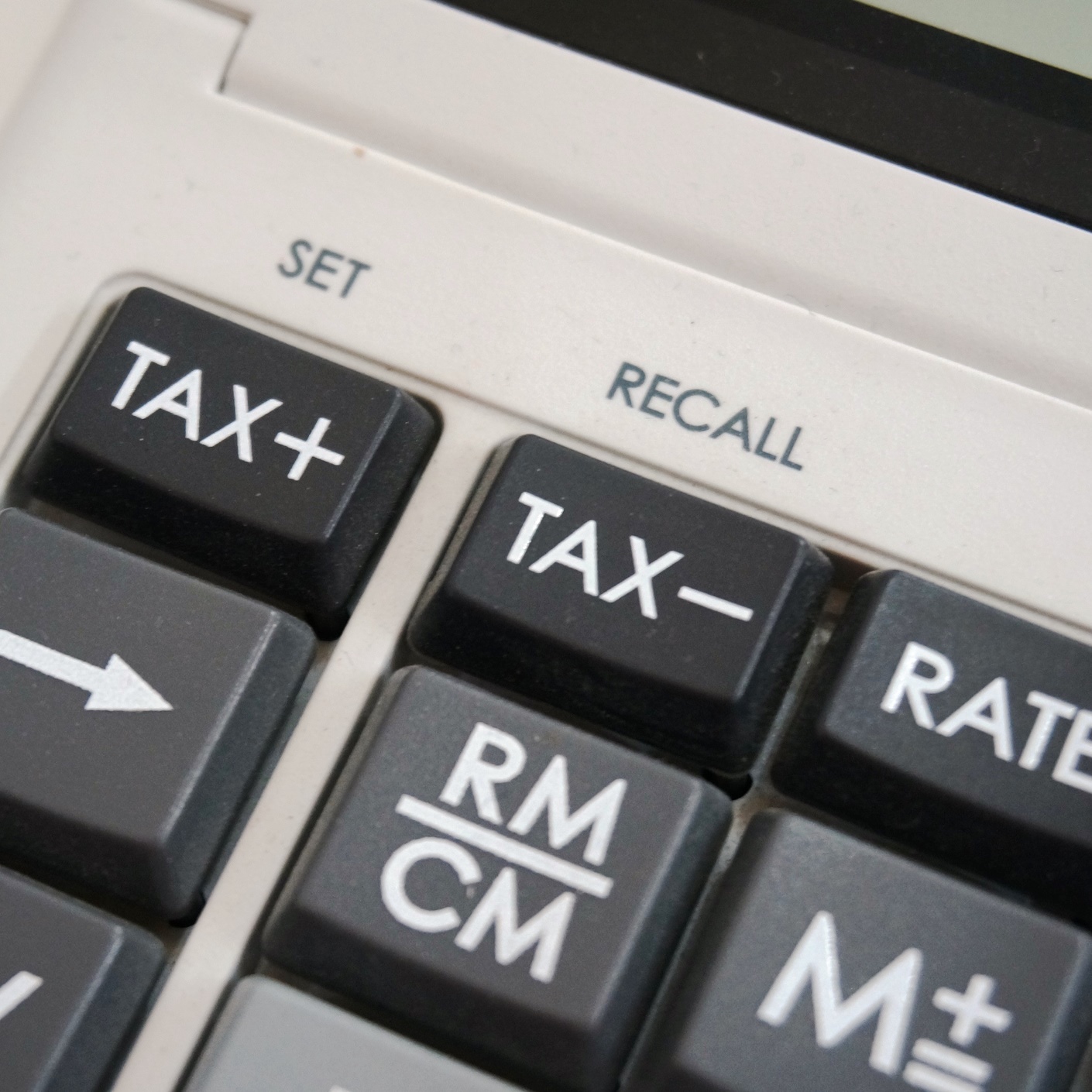
Five of the largest U.S. tech firms held $594 billion in cash in offshore accounts at the end of 2016, nearly a third of the total $1.84 trillion all U.S. firms held offshore. The White House has proposed repatriating these funds by allowing the companies to pay something less than the full corporate tax rate of 35%. But now the European Union, where much of the cash is held, wants its own piece of the action.
The government France will propose a set of “simpler rules” for “real taxation” of tech firms with European subsidiaries at a meeting of European Union (EU) officials next month in Tallinn.
Bloomberg cited French finance minister Bruno Le Maire:
Europe must learn to defend its economic interest much more firmly — China does it, the U.S. does it. You cannot take the benefit of doing business in France or in Europe without paying the taxes that other companies — French or European companies — are paying.
Apple, Alphabet, Microsoft, Cisco Systems and Oracle are the five U.S. tech firms with the largest offshore cash piles. EU governments, regulators and ordinary citizens dislike the way international firms are able to avoid taxes by moving profits and costs to countries where they receive favorable tax treatment.
Last year the EU’s executive body, the European Commission (EC), sent Apple a bill for $14.5 billion in back taxes regulators claim the company owes because of favorable ruling the company received in 1991 from the government of Ireland. The EC determined that Ireland had failed to follow EU rules that prohibit granting tax benefits to selected companies. Apple and the Irish government are appealing the ruling.
To get the ball rolling on harmonizing tax rates across the 19 EU member states, French president Emmanuel Macron has pledged to lower France’s corporate tax rate to 25% by the end of his five-year term, and he is seeking a pledge from Germany to adjust its tax rate to the same level. Tax rates in both countries vary but are set at about 33% for the largest firms.
Other countries, like Ireland and Liechtenstein, where rates are already low (12.5%), would come under pressure to raise their tax rates.
The Trump administration has proposed allowing U.S. firms to repatriate funds by paying a 10% tax on offshore earnings. The firms would pay the tax even if they chose to leave the cash where it is. There seems to be some broad agreement between the Democratic and Republican Parties on such a one-time tax, but little expectation that anything will happen with the proposal by the end of the year.
It’s Your Money, Your Future—Own It (sponsor)
Retirement can be daunting, but it doesn’t need to be.
Imagine having an expert in your corner to help you with your financial goals. Someone to help you determine if you’re ahead, behind, or right on track. With SmartAsset, that’s not just a dream—it’s reality. This free tool connects you with pre-screened financial advisors who work in your best interests. It’s quick, it’s easy, so take the leap today and start planning smarter!
Don’t waste another minute; get started right here and help your retirement dreams become a retirement reality.
Thank you for reading! Have some feedback for us?
Contact the 24/7 Wall St. editorial team.


